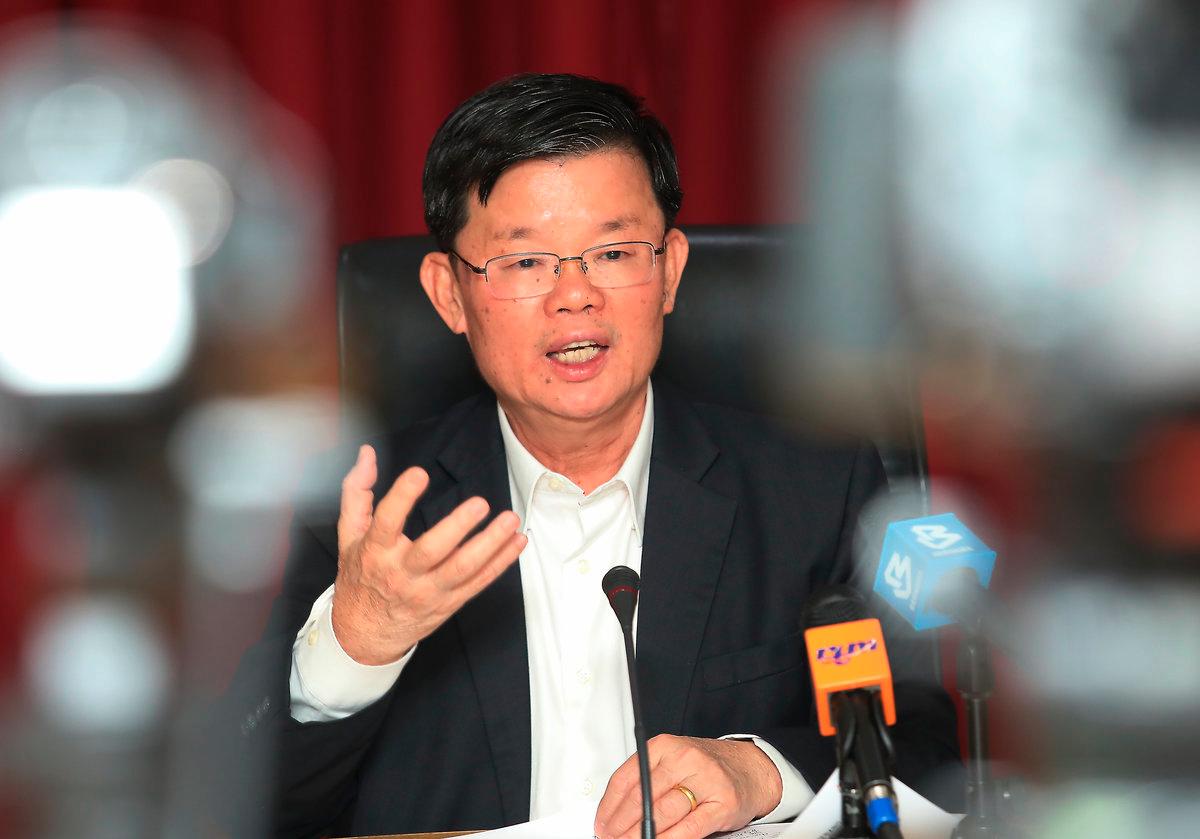GEORGE TOWN: Penang does not sell land to meet the state’s financial expenditure, instead the disposal of state land is carried out through the method of expropriation (via ownership grants), leasing, alienation or other mechanisms permitted under the National Land Code (1965).
Chief Minister Chow Kon Yeow said that therefore, the term ‘land sale’ is not used in the context of state government land administration and emphasised that it is not merely for generating revenue, but also to drive development, create job opportunities, and add economic value to the local area.
“For land disposal matters, the state government will consider current land valuation based on the Valuation and Property Services Department (JPPH). If the land involves strategic projects, including housing construction, the state will use the Request for Proposal (RFP) approach to dispose of the land.
“This allows the state government to obtain a higher premium income than the current land valuation,” he said during his winding-up speech on the opening address by the Penang Yang di-Pertua Negeri, Tun Ramli Ngah Talib, at today’s state legislative assembly.
He said that land disposal methods do not reduce state holdings or solely aim to increase state revenue, as a limited resource like land is used for development and to enhance socioeconomic conditions of affected areas.
If the approach adopted is not to develop the land, Chow explained that it would become a burden on the state as it would then incur costs of maintenance. Additionally, the people would not be able to enjoy the benefits of developing the site, such as the construction of roads, playgrounds and other facilities.
He also stated that Penang should not be ashamed of developing land for the state’s progress and the welfare of the people.
“We (Penang) don’t have gold mines, we don’t have timber -- why should we be ashamed if land is our (only) asset? There are no other sources of revenue, so why be evasive about relying on land development to generate income?
“This (land sale) is to drive socioeconomic development in our state. Over the past 50 years, this has been Penang’s generic formula,” he said.
Meanwhile, Chow mentioned that the State Finance Department has conducted a review of state revenue from two perspectives: first, by increasing the collection of existing state revenue, including tax arrears, through data cleansing methods and reviewing irrelevant rates.
The second perspective, he said, is through identifying new sources and methods for generating state revenue, including reviewing land tax rates, reclassifying rural areas into urban and strengthening state statutory bodies to enable the implementation of new revenue collection.









